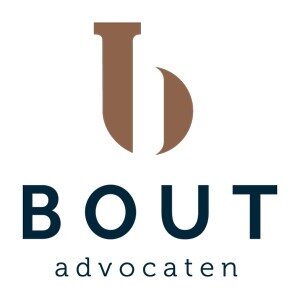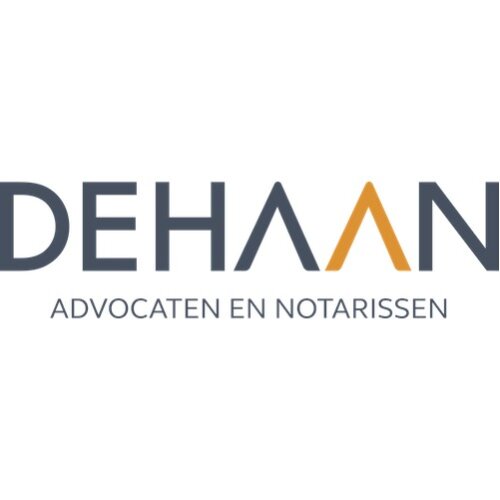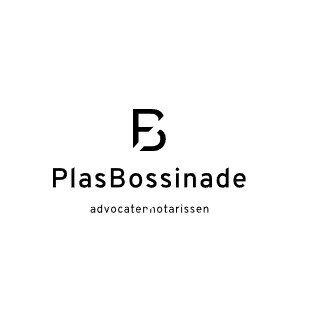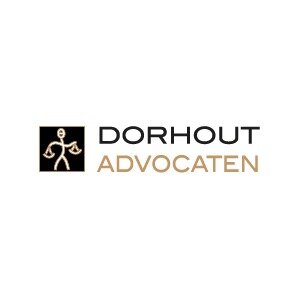Best Private Equity Lawyers in Groningen
Share your needs with us, get contacted by law firms.
Free. Takes 2 min.
List of the best lawyers in Groningen, Netherlands
About Private Equity Law in Groningen, Netherlands
Private equity (PE) involves investment in private companies or the buyout of public companies to transform them into private entities. In Groningen, as part of the Netherlands, private equity activity is dynamic and contributes to economic growth. The region hosts several startups and scaling companies that attract local and international PE investments. Lawyers and legal advisors play a key role in structuring these investments, ensuring compliance with Dutch regulations, and facilitating transactions between investors and businesses.
Why You May Need a Lawyer
Engaging with private equity, whether as an investor, a fund manager, or a business owner, can be complex. Here are some common situations where legal assistance may be essential:
- Performing due diligence on a target company or investment
- Drafting and negotiating investment agreements or shareholder agreements
- Structuring the deal to maximize tax efficiency and regulatory compliance
- Handling management buyouts (MBOs), leveraged buyouts (LBOs), or mergers
- Navigating cross-border investments involving Dutch entities
- Resolving disputes between investors, fund managers, or business owners
- Advising on exit strategies, such as IPOs or secondary sales
- Ensuring compliance with anti-money laundering (AML) and Dutch competition laws
Given the significant capital and legal complexities involved, expert legal advice helps mitigate risks and facilitates smooth transactions.
Local Laws Overview
Private equity in Groningen falls under Dutch national legislation, but local market practice and business culture may also play a role. Key legal areas to consider include:
- Corporate Law: The Dutch Civil Code governs company structures, shareholder rights, and director obligations. Most PE transactions involve limited liability companies (BV or NV).
- Financial Supervision: The Dutch Authority for the Financial Markets (AFM) regulates investment activities and fund management, ensuring investor protection and market integrity.
- Taxation: The Netherlands is known for its favorable tax climate, but proper structuring is crucial to benefit from participation exemptions, avoid double taxation, and comply with anti-abuse provisions.
- Employment Law: Large-scale investments or restructurings may trigger consultation requirements with works councils or labor unions.
- Antitrust and Merger Control: Significant transactions may require notification to and clearance from the Dutch Competition Authority (ACM).
- Contract Law: Dutch contract law is flexible but requires precision when drafting investment agreements to protect the interests of all parties.
These legal aspects are significant when navigating the private equity landscape in Groningen, and a local lawyer can guide you through the specifics.
Frequently Asked Questions
What is private equity and how is it different from venture capital?
Private equity generally involves investing in or buying established companies, aiming to improve and eventually sell them at a profit. Venture capital focuses on early-stage, high-growth startups.
How are private equity deals structured in the Netherlands?
Most deals use Dutch private limited companies (BV) as the acquisition vehicle. Legal structuring also considers tax efficiency and investor protection.
What are the main legal risks in private equity transactions?
Risks include incomplete due diligence, unclear contractual terms, liabilities in the target company, regulatory non-compliance, and disputes among shareholders.
Is foreign investment allowed in private equity in Groningen?
Yes. The Netherlands is open to foreign direct investment, but sector-specific rules may apply and notification requirements may exist for sensitive sectors.
Do I need approval from Dutch authorities for a private equity investment?
Most deals do not require prior approval unless they involve regulated sectors, public interest, or exceed certain merger thresholds.
What is due diligence and why is it important?
Due diligence is an in-depth investigation into the legal, financial, and operational status of a target company. It helps identify risks before closing the deal.
Can private equity funds be offered to the public in the Netherlands?
Generally, private equity funds are restricted to professional or qualified investors unless they are specifically authorized and regulated by the AFM.
How are management teams incentivized in private equity deals?
Incentives often include stock options or performance-based bonuses, all of which should be clearly documented in management agreements.
What laws govern exit strategies in private equity?
Exits are governed by the initial shareholder/investment agreements, Dutch contract law, and, if applicable, stock market regulations.
Do I need a local Dutch lawyer if I am investing from abroad?
Yes, a local lawyer helps navigate Dutch legal requirements, negotiates favorable terms, and ensures compliance with Dutch law and customs.
Additional Resources
Several organizations and government bodies can support those interested in private equity in Groningen:
- Dutch Authority for the Financial Markets (AFM) - Regulates financial markets and provides guidance on fund management
- Netherlands Enterprise Agency (RVO) - Offers support for international investors and provides information on regulations
- Dutch Chamber of Commerce (KvK) - Facilitates company registrations and provides corporate information
- Groningen Development Agency (Groningen Seaports and Economic Board Groningen) - Assists businesses and investors in the region
- Dutch Private Equity and Venture Capital Association (NVP) - Represents the interests of the PE and VC industry
Consulting with these organizations, alongside legal experts, is a good starting point for anyone new to private equity in Groningen.
Next Steps
If you are considering a private equity transaction in Groningen, here are steps to help you proceed:
- Clarify your objectives and the role you or your business will play in the PE deal
- Gather all relevant documentation (business plans, financials, company records)
- Consult a lawyer with expertise in Dutch private equity and corporate law in Groningen
- Conduct preliminary market research or contact industry associations
- Assess potential partners or targets and prepare for due diligence
- Engage advisors for tax structuring, financial planning, and legal compliance
- Request and review detailed agreements before committing to any transaction
Professional legal guidance is crucial. Schedule a consultation with a specialized lawyer familiar with Groningen's private equity market to ensure all your interests are protected and your transaction is compliant and efficient.
Lawzana helps you find the best lawyers and law firms in Groningen through a curated and pre-screened list of qualified legal professionals. Our platform offers rankings and detailed profiles of attorneys and law firms, allowing you to compare based on practice areas, including Private Equity, experience, and client feedback.
Each profile includes a description of the firm's areas of practice, client reviews, team members and partners, year of establishment, spoken languages, office locations, contact information, social media presence, and any published articles or resources. Most firms on our platform speak English and are experienced in both local and international legal matters.
Get a quote from top-rated law firms in Groningen, Netherlands — quickly, securely, and without unnecessary hassle.
Disclaimer:
The information provided on this page is for general informational purposes only and does not constitute legal advice. While we strive to ensure the accuracy and relevance of the content, legal information may change over time, and interpretations of the law can vary. You should always consult with a qualified legal professional for advice specific to your situation.
We disclaim all liability for actions taken or not taken based on the content of this page. If you believe any information is incorrect or outdated, please contact us, and we will review and update it where appropriate.











